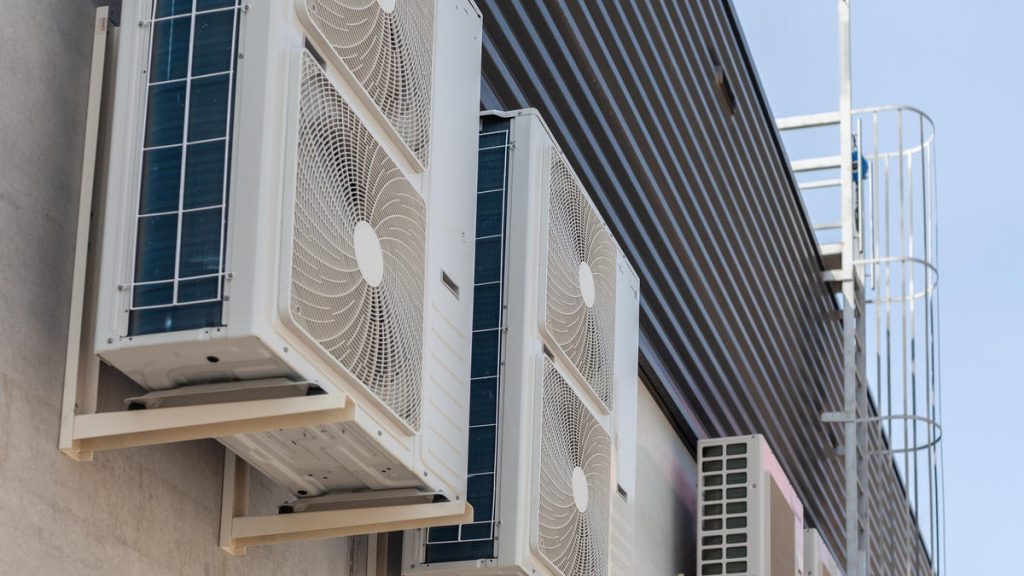The Department of Energy has announced a new program, the Commercial Building Heat Pump Accelerator, focused on developing more efficient technologies for heating large buildings. Space heating is the largest energy use for commercial buildings in the US, making up 32% of total energy consumption. By challenging manufacturers to create better rooftop heat pumps, the DOE hopes to reduce fossil fuel emissions and save businesses money on utility bills. This initiative builds on previous public-private partnerships and aims to bring cutting-edge clean technologies from the lab to the market, ultimately reducing harmful carbon emissions across the economy.
Heat pumps have become increasingly popular in residential settings, outselling gas furnaces in recent years. They offer the dual benefits of saving money and reducing fossil fuel emissions, particularly if they are running on clean energy sources. The technology behind heat pumps is simple yet effective, cycling a refrigerant between the home and the outside environment to transfer heat as needed. By replacing older and less efficient heating and cooling systems with heat pumps, businesses and homeowners alike can see significant savings on their utility bills, while also reducing their environmental impact.
Switching to more efficient heat pump technology in commercial buildings could potentially cut fossil fuel emissions in half compared to traditional natural gas-powered systems. This move could save American businesses approximately $5 billion annually on utility bills. The savings for individual businesses can be substantial, given the large energy costs associated with heating and cooling large commercial spaces. Research has shown that transitioning to air-source heat pumps in residential settings could reduce energy consumption by up to 47% on average and emissions by up to 64%.
The push for improved heat pump technology aligns with a broader trend towards energy efficiency and sustainability in the commercial sector. With heating being a major source of energy consumption in commercial buildings, finding more efficient solutions can have a significant impact on both cost savings and environmental sustainability. By incentivizing manufacturers to create better rooftop heat pumps, the DOE hopes to accelerate the adoption of clean technologies in the commercial sector, ultimately reducing carbon emissions and saving businesses money in the long run.
Overall, the focus on heat pumps as a more efficient and cost-effective heating solution for large commercial buildings represents a significant step towards achieving carbon emission reduction goals and promoting sustainability in the energy sector. By leveraging public-private partnerships and incentivizing innovation in clean technology, the DOE’s Commercial Building Heat Pump Accelerator program aims to drive positive change in the way commercial buildings are heated, ultimately leading to significant energy and cost savings for businesses across the country.


